Over the last several months, the Center has invited experts from across the country to visit the Harvard T.H. Chan School of Public Health and share their insights and recommendations on the loneliness crisis. The fourth speaker in the Center’s Loneliness and Well-being Seminar Series was Dr. Jeremy Nobel, author of Project Unlonely: Healing our Crisis of Disconnection. His January 24th seminar, titled, “Creativity, Connection, Happiness, and Health,” was attended by more than 60 individuals in person and more than 500 viewers online.
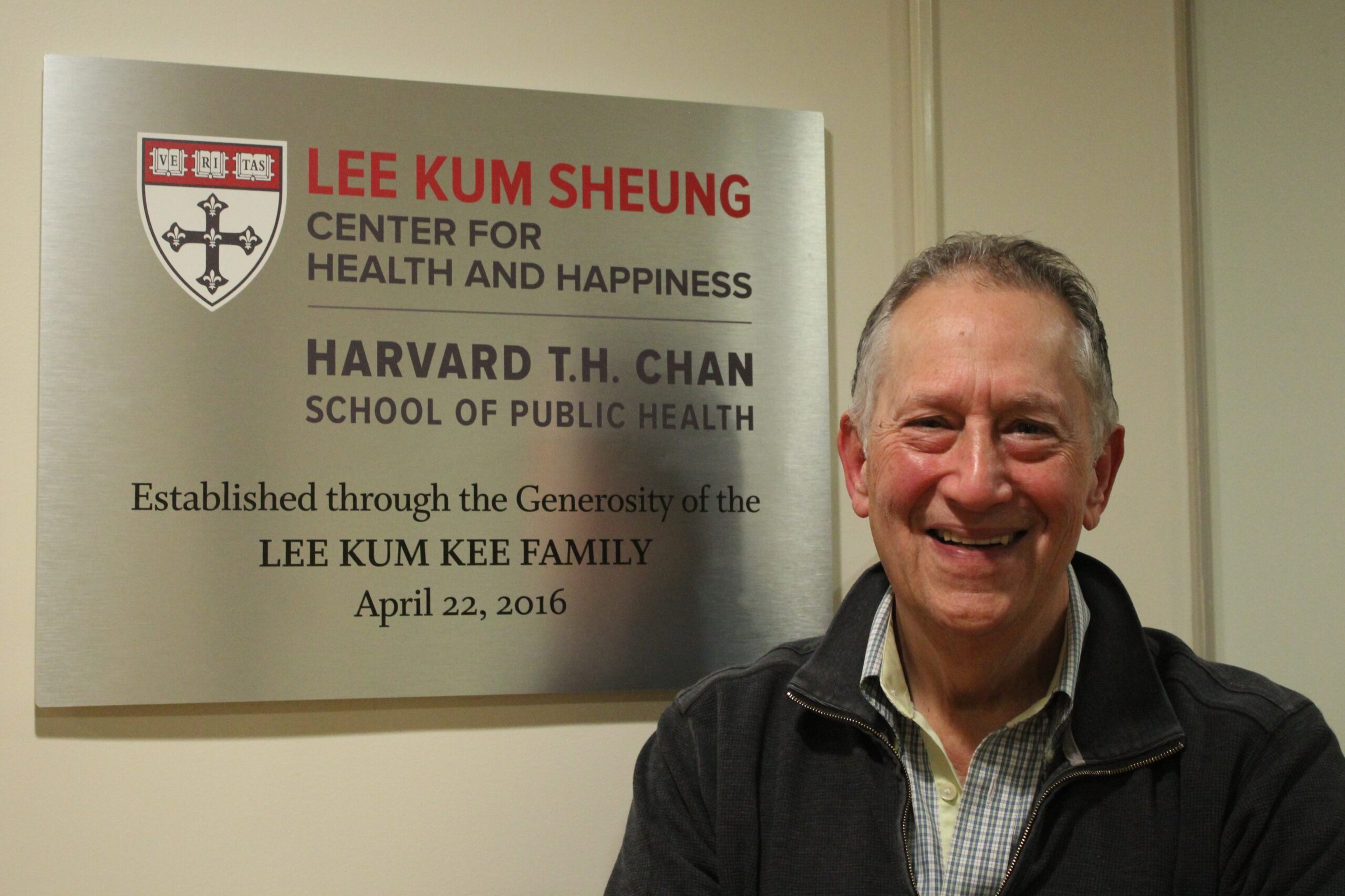
Jeremy Nobel, M.D., MPH, is a primary-care physician, public health practitioner, and award-winning poet with faculty appointments at the Harvard T.H. Chan School of Public Health and the Harvard Medical School. He is the founder and president of The Foundation for Art & Healing, whose signature initiative, Project UnLonely, addressing the personal and public health challenges of loneliness and social isolation, has gained national visibility.
Dr. Nobel began his seminar by defining loneliness, explaining that it is a subjective emotion which corresponds to the discrepancy between our desired and actual social connections; as compared to social isolation, which is the objective state of having few to no social connections. Loneliness is a major risk factor for mental health conditions, such as depression, addiction, and suicidality, as well as for physical illness. Dr. Nobel cited a 2022 study by the American Heart Association which found that loneliness increases risk for heart attacks and strokes, and death from either, by 30%. Since 50% of Americans die due to cardiovascular disease, this means that loneliness plays a significant role in the deaths of half of all Americans.
“And so, bottom line, loneliness won’t just make you miserable and unhappy. It can kill you,” emphasized Dr. Nobel. “But it doesn’t have to. And that’s really become the focus of much of our work through Project UnLonely.”
The Foundation for Art & Healing and Project UnLonely
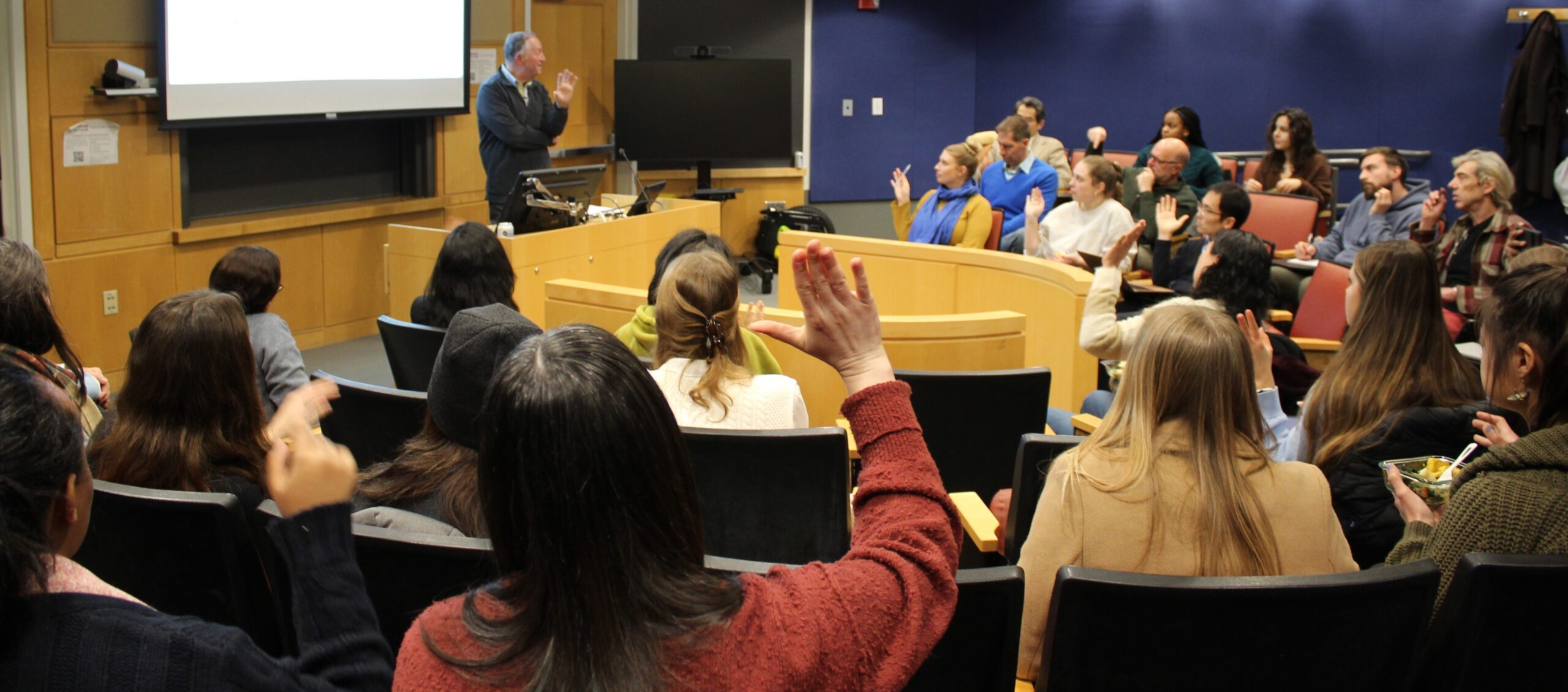
Dr. Nobel first became interested in the issue of loneliness through his work with The Foundation for Art & Healing. He created the Foundation in 2004 with the mission to explore and celebrate creative expression as a path to health and well-being. The Foundation’s first project used creative expression to support veterans returning from Iraq and Afghanistan, many of whom were suffering from traumatic brain injuries and PTSD. When this intervention proved effective, the Foundation expanded its work to include other forms of trauma, and learned from participants that the programs not only reduced their levels of stress, but also made them feel less lonely. “We thought this was fantastically interesting,” said Dr. Nobel. “So we pushed all our proverbial nonprofit poker chips to the center of the table, and went all in starting Project UnLonely.”
Project UnLonely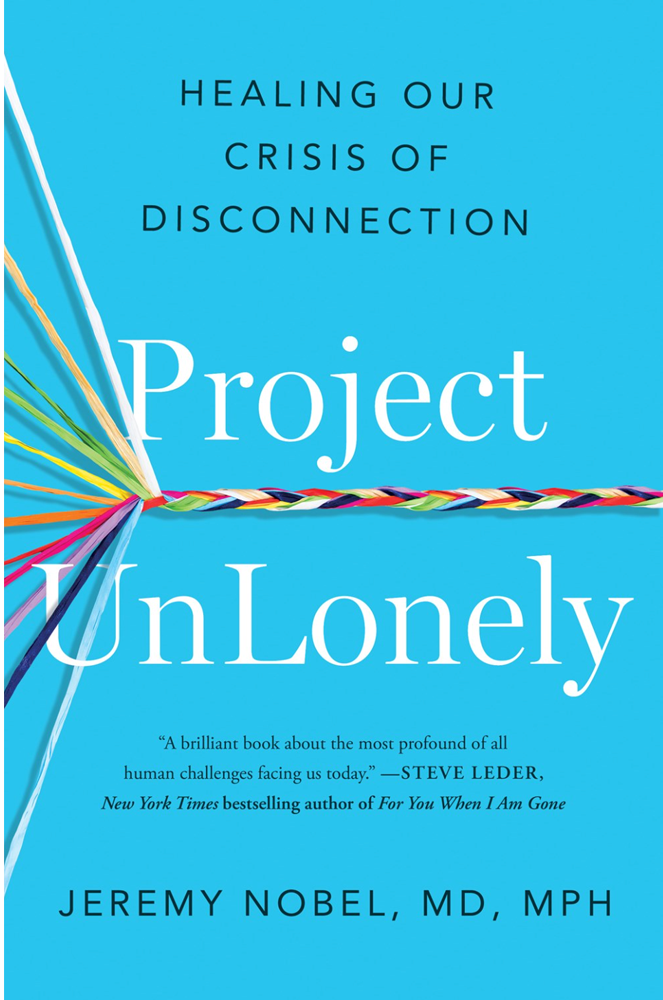 has three goals: to increase awareness of the toxicity of loneliness and its prevalence, to reduce the stigma around loneliness, and to make arts-based programs widely available through community based-organizations. In October 2023, Dr. Nobel published Project UnLonely: Healing our Crisis of Disconnection, a book informed and inspired by its namesake initiative. Project UnLonely unpacks our personal and national experiences of loneliness to discover its roots and to show how we can take steps to find comfort and connection.
has three goals: to increase awareness of the toxicity of loneliness and its prevalence, to reduce the stigma around loneliness, and to make arts-based programs widely available through community based-organizations. In October 2023, Dr. Nobel published Project UnLonely: Healing our Crisis of Disconnection, a book informed and inspired by its namesake initiative. Project UnLonely unpacks our personal and national experiences of loneliness to discover its roots and to show how we can take steps to find comfort and connection.
One topic the book explores is the complexity of loneliness. It differentiates between three varieties: psychological, societal, and existential loneliness.
- Psychological loneliness: a longing for an authentic connection to another person, who you can trust and share your troubles with
- Societal loneliness: a sense of not fitting in or belonging, of feeling systematically excluded from social groups or society as a whole
- Existential loneliness: a feeling arising from the fundamental mystery of life and its meaning, also referred to as spiritual loneliness
Project Unlonely explains that there are five different life experiences or “territories” during which loneliness is most often encountered: trauma, illness, aging, the experience of being different from those around you, and alienation due to the unique challenges presented by the modern world (e.g. social media, increasing wealth gaps and political divides). The book encourages readers to consider which type of loneliness they may be experiencing.
The Solution: Viewing Loneliness Differently
and Connecting Though Creative Expression
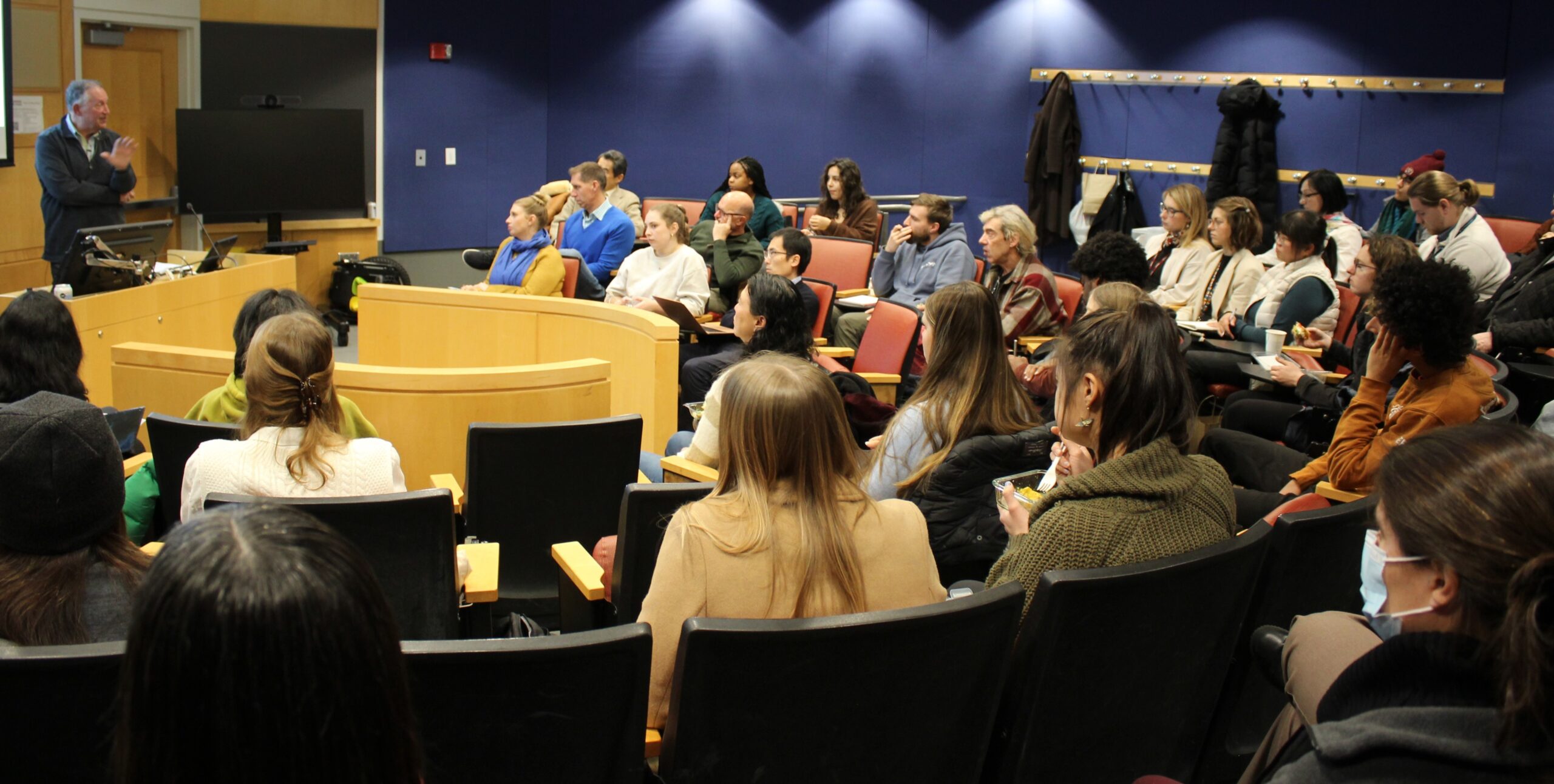
People are often ashamed of feeling lonely, sometimes believing that they’re lonely because they’re flawed or inadequate. “A big part of our work is inviting people to view loneliness very differently—not as something to be ashamed of, but as just a simple signal that there’s something they need,” stated Dr. Nobel. “So just like thirst is a signal that we need hydration, loneliness is a signal that we need human connection. I’ve never met anyone who’s embarrassed about being thirsty. Why are we embarrassed about being lonely?” Dr. Nobel explained that the shame often associated with loneliness is a societal construction—and that’s a good thing. It means that we can reconstruct it; putting that shame behind us, and viewing loneliness for what it is—nothing more than a signal.
So how do we answer that signal, and become more connected to the people around us? Dr. Nobel’s solution is creative expression. Throughout human history, we’ve created art of every sort—not just visual art, but music, dance, literature, even culinary arts. Art engages, inspires, empowers, and connects us. As Dr. Nobel stated, “it provides a kind of intimacy with life in a way that sometimes cognition or rational analysis simply does not.”
He explained that the arts literally rewire our brains, changing our thoughts, feelings, social cognition, and behaviors. Making art decreases the stress hormone cortisol, and increases levels of feel-good hormones such as dopamine, serotonin, oxytocin, and endorphins. “At the very least, we’re less stressed and we’re in a better mood,” Dr. Nobel pointed out. “So that’s not a bad way to connect people.”
When we draw on our creative imagination to make something, whether it is a poem, a painting, or a casserole, we can share it with others. As a poet, Dr. Nobel knows and appreciates this experience. “When I share my poems with others, I feel less alone,” said Dr. Nobel. “When they read my poems, others may feel less alone. It’s through sharing your art that you can combat loneliness.”
Dr. Jeremy Nobel
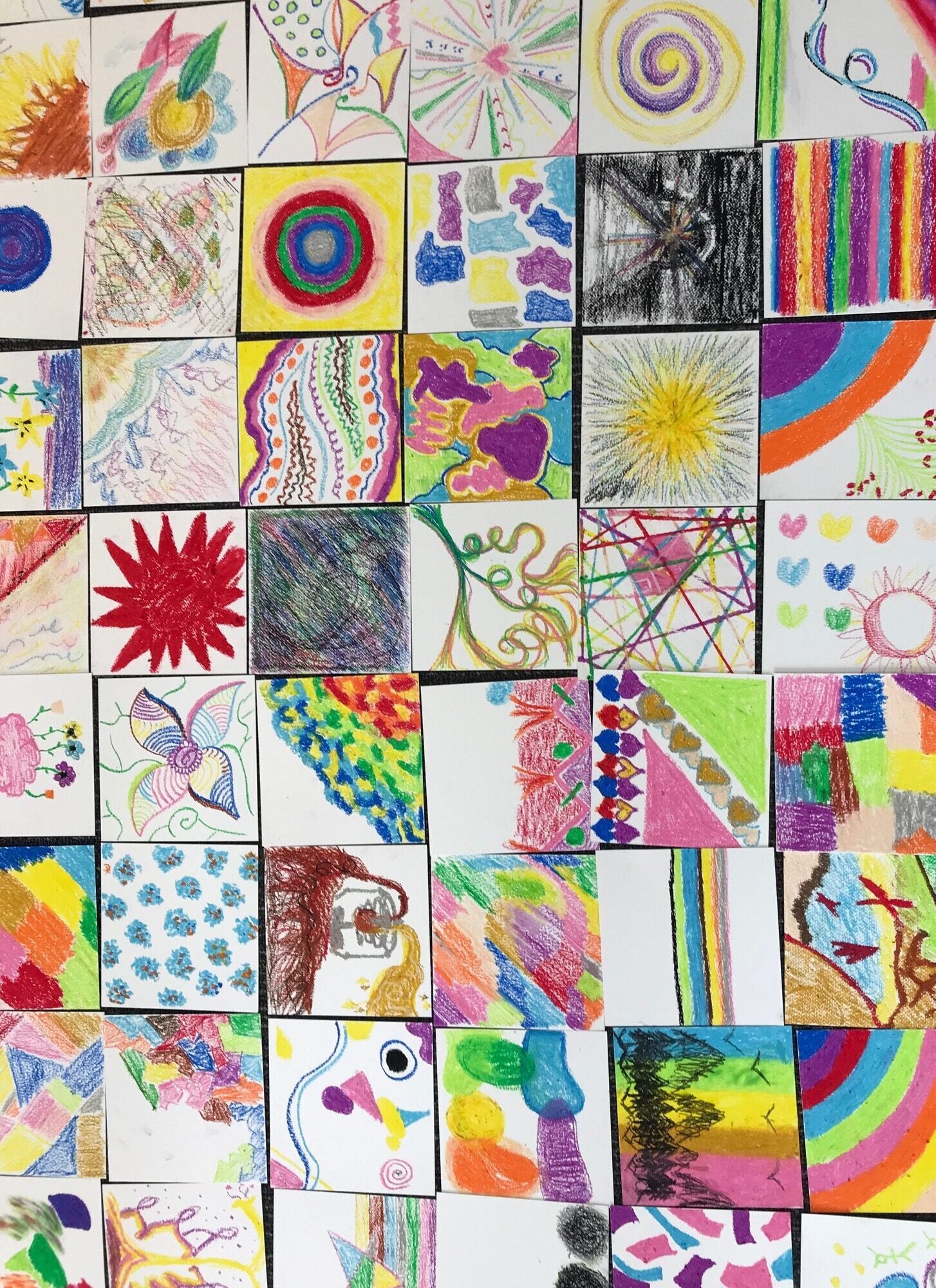
Project UnLonely has created and tested several program toolkits combining creative expression with mindfulness and social learning. These toolkits are shared with a wide variety of community-based organizations, such as schools, museums, libraries, and health centers. Because the highest rates of loneliness are currently being seen in 18-24-year-olds, Project UnLonely has placed emphasis on programs for college students. The Foundation for Art & Healing worked with 23 colleges and universities to deliver 55 arts-based workshops in 2023. One such workshop, called “Colors and Connections”, was hosted at the Harvard T.H. Chan School of Public Health this fall. Nearly 100 students attended, 76% of whom said the event made them feel less lonely.
As the seminar drew to a close, Dr. Nobel invited everyone in the audience to Colors and Connections: Valentine’s Day Edition, an online workshop which Project UnLonely ran on February 14th . He concluded by sharing a final message for anyone who has ever felt lonely: “It’s important to understand that it’s not your fault, and you’re not alone.”
If Dr. Nobel’s work connects with you, he encourages you to start your own Project UnLonely! Click here to discover resources which can help you educate people about loneliness and encourage them to be “UnLonely” through curiosity, creative expression, and conversation. To keep up to date on events and opportunities offered by The Foundation for Art & Healing, you can sign up for their mailing list, and follow them on LinkedIn, Twitter, Instagram, or Facebook.
WATCH THE SEMINAR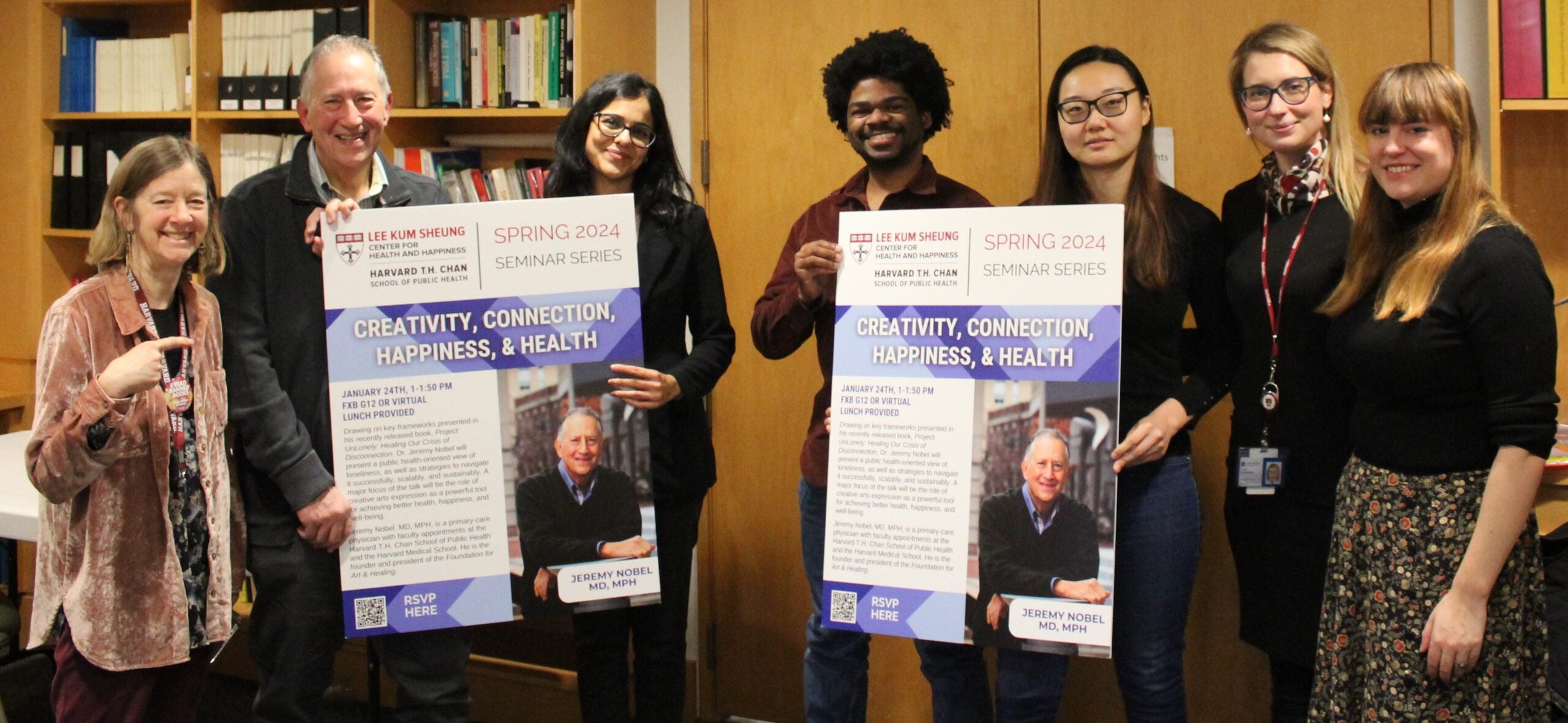
Written by Ayla Fudala, Center Communications Coordinator
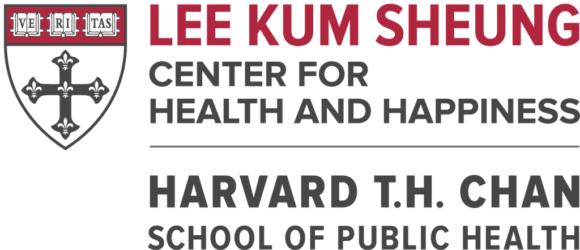
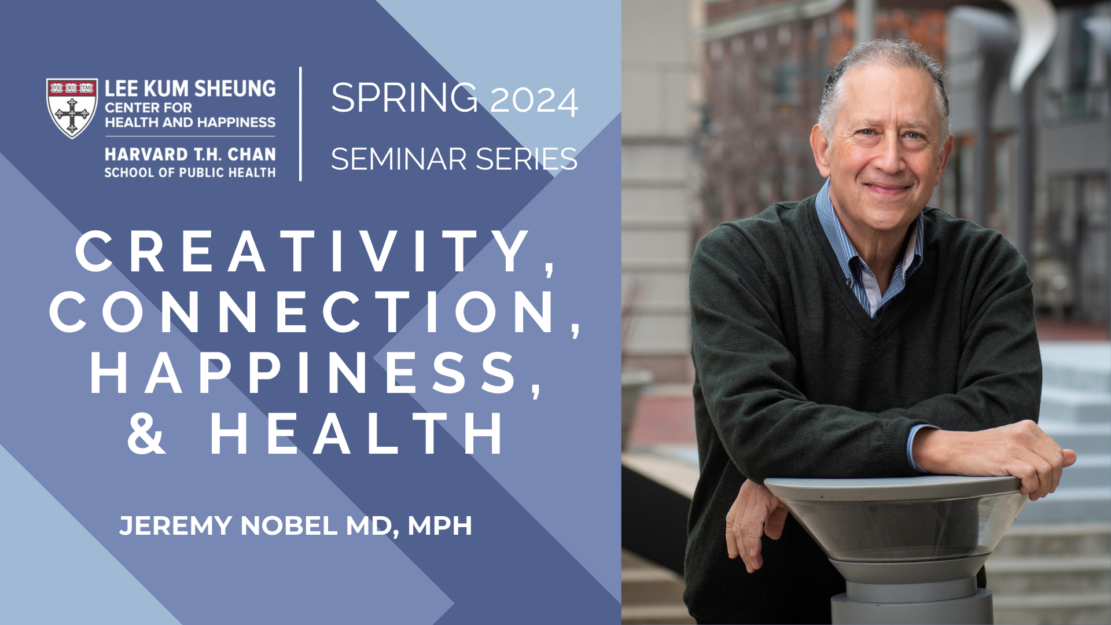
You must be logged in to post a comment.